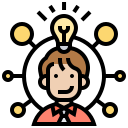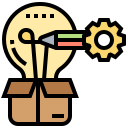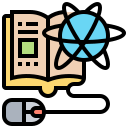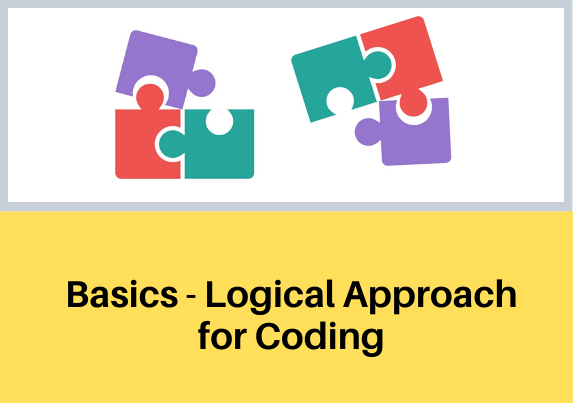[rev_slider alias="kv"]
Kendriya Vidylaya and Prutor.ai, IIT Kanpur
Pilot Coding Project - Coding@KV
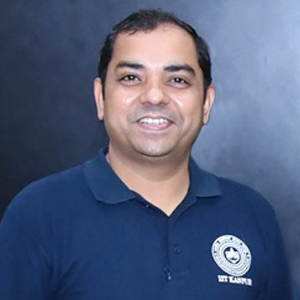
Prof. Amey Karkare
IIT Kanpur

Rahul Garg
EICT Academy, IIT Kanpur
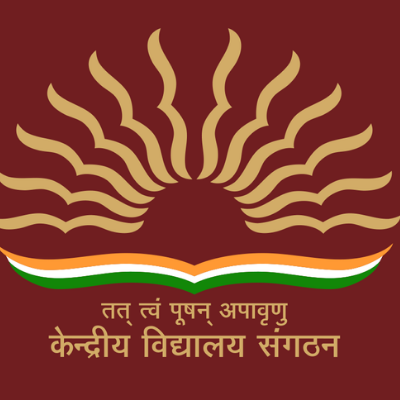
Kendriya Vidyalaya Sangathan
Why Coding for Kids?
Coding changes the brain permanently
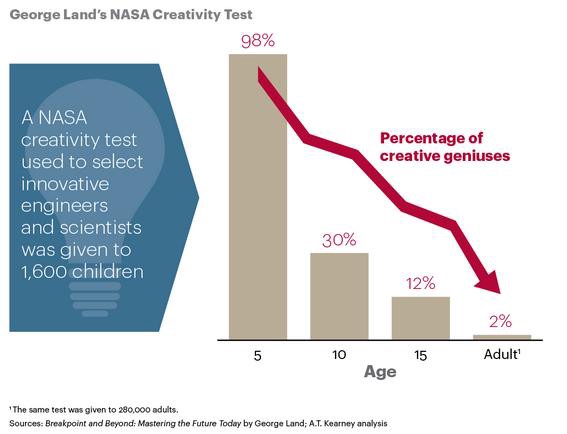
NASA studies show that creativity of kids actually declines with age. One of the factor for this is our educational system and rote based learning
Coding teaches so many things to kids... It teachers them patience, to not give up on failure, increases their confidence and makes them job ready, even while they are in school. The students concentration level also goes up that improves their academic scores.
Contact Rahul Sir
Kids will become better in so many ways
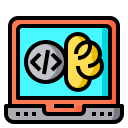
Coding Improves Logical Ability

Develops Concentration

Teaches dealing with failure
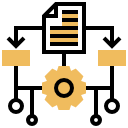
More than one correct answer
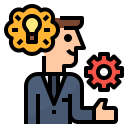
Creators, not consumers
Students can optionally go for a paid certification from E&ICT Academy, IIT Kanpur
Certification from E&ICT Academy, IIT Kanpur
Creativity on social media
Kids learn to use social media to share their creations, rather than just consuming the content
Logical thinking
Kids learn to think logically and argue back. If they are right, the program is right. No arguments!
Develops resilience
Kids learn to deal with failure. Every step in coding makes them a better thinker. It makes them less anxious and more resilient
Understand value of educaiton
The more kids learn, the more their earning potential goes up. They realize that education is very important to get ahead in career.
Coding courses offered
Contact Us
| Pilot Project Schedule for One Month | Tentative Date |
|---|---|
| Knowledge Testing (online Assessment) Monday | 28-04-2020 |
| Week One Video Lecture | 01-05-2020 |
|
Introduction In this lesson, you'll learn about the process of programming, which involves different steps. This will give you a brief introduction to programming. |
|
|
The Programming Cycle for Python In this lesson, you'll learn about the programming cycle of Python, which includes different steps. Then you'll learn about the Python IDE that is to be used and the I Python shell. |
|
| Week One Practical lab | 05-05-2020 |
| Week Two Video Lecture | 08-05-2020 |
|
Interacting with Python Programs In this lesson, you'll learn to write simple codes or programs to read some value from the user or print some computed value. In other words, you'll learn to interact with some easy Python programs. |
|
|
Elements of Python In this lesson, you'll learn about the elements of the Python program or you can say, the parts of the Python Program. Then you'll also learn about the Data types in Python |
|
| Week Two Practical lab | 12-05-2020 |
| Week Three Video Lecture | 15-05-2020 |
|
Type Conversion In this lesson, you'll learn about Type Conversion or Type Casting. You'll also learn to convert types or perform typecasting Python. |
|
|
Expressions In this lesson, you'll learn about the expressions, particularly different types of operators that are available in Python programming language. You'll also learn about variables and Identifiers. |
|
| Week Three Practical lab | 19-05-2020 |
| Week Four Video Lecture | 22-05-2020 |
|
Assignment Statement In this lesson, you'll learn about the assignment operators, assignment statements and comments in Python. |
|
|
Arithmetic Operators In this lesson, you'll learn about the Arithmetic Operators in Python, which are Binary Operators, Unary Operators and // Operator |
|
| Week Four Practical lab | 26-05-2020 |
| Week Five Video Lecture | 29-05-2020 |
|
Operator Precedence In this lesson, you'll learn about the operator precedence in Python. |
|
|
Boolean Expression In this lecture, you'll learn about the Boolean Expressions, Relational Operators, Logical Operators and Complex Expressions in Python. |
|
| Week Five Practical lab | 02-06-2020 |

